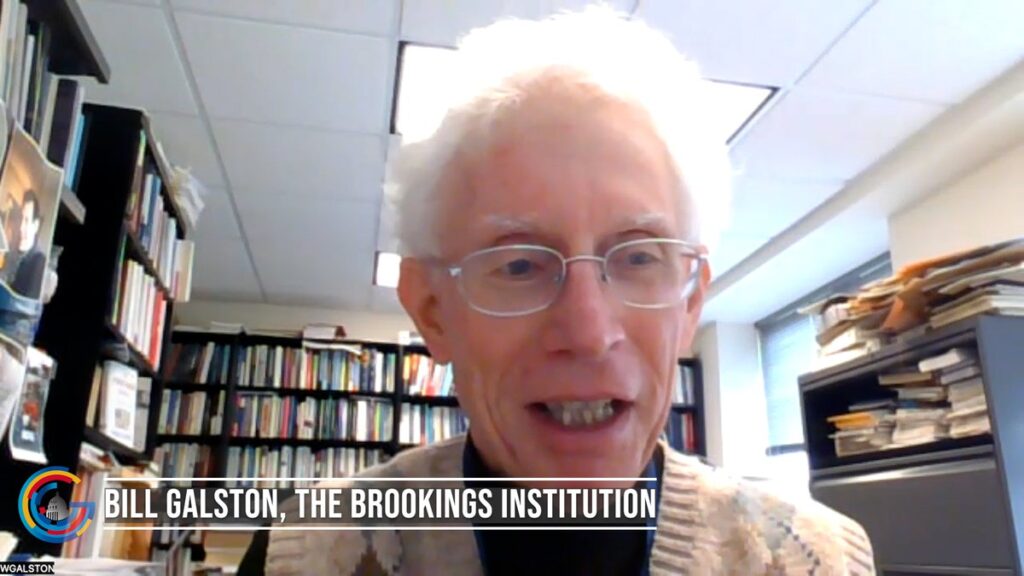Washington, Gray Washington Both Democrats and Republicans believe they can win the midterm elections in November because they each claim to have stolen votes from areas where they have historically received little support.
Political experts express scepticism and mention other contributing factors.
History has demonstrated that a voter’s residence has a significant role in selecting who they may vote for.
Recently, voters in metropolitan areas favoured more liberal politicians, while voters in rural counties preferred more conservative candidates.
The two major political parties now claim to be making progress in their efforts to win over supporters of the opposing party.
Former President Donald Trump helped Republicans capture the vote in rural counties in the last two presidential elections.
After talking to tens of millions of voters in cities across America where Democratic voters normally reside, Republicans assert that their party will gain even more support.
“RNC Chairwoman Ronna McDaniel has emphasized in building a coalition of volunteers that go out and go door to door and talk to their neighbors about what concerns them and to bring the message of our candidates across the country,” said Danielle Alvarez, spokesperson for the Republican National Committee.
On the flip side, Democrats say they have made a compelling case over the last year-and-a-half to not just inner-city voters but rural Americans as well that they are the ones coming through for them. “ Democrats are going to provide rural broadband after four years of making infrastructure promises.
Ammar Moussa, the director of the Democratic National Committee’s rapid response, said, “We have a Democratic Party that will raise subsidies for health care that is essential for rural populations with the Inflation Reduction Act.
Bill Galston is the Senior Fellow for the Governance Studies Program at the Brookings Institution. He claims that because time and money are finite resources, he does not believe the parties’ allegations.
“In many cases, reasonable candidates, reasonable campaigns will decide that they really don’t have the luxury of spending $5 to get an additional vote in the other guy’s base when for $2. 50 or even $1, you have a better chance of getting a vote from swing voters or mobilizing your own voters to show up,” said Galston.
Galston also believes that the suburbs will win the midterm elections.
“The answer is a lot, if you’re asking me what the two parties are doing to attempt to appeal to the swing groups, such as suburbanites, moderates, independents, and Hispanics. The relative effectiveness of the messages and the organisational efforts among those swing groups in the population will, in my opinion, determine the outcome of the election, Galston added.
According to data by the Brookings Institution, Democrats’ growing popularity in the suburbs helped them win back the House in 2018 and the White House in 2020. Galston, though, thinks that the margins are insufficient for Democrats to maintain control of the House.
Galston believes that the Senate is more evenly matched.
Political analysts have doubts about political parties’ ability to win support from each other’s base in the midterm elections.

